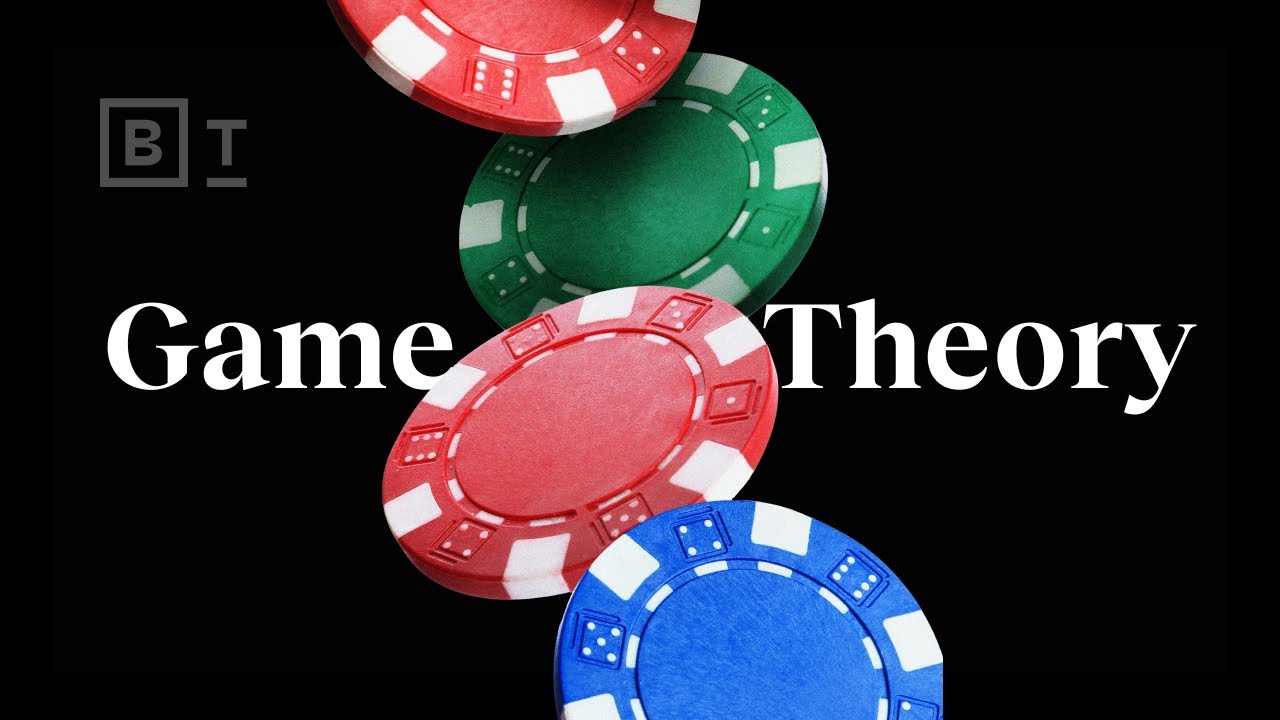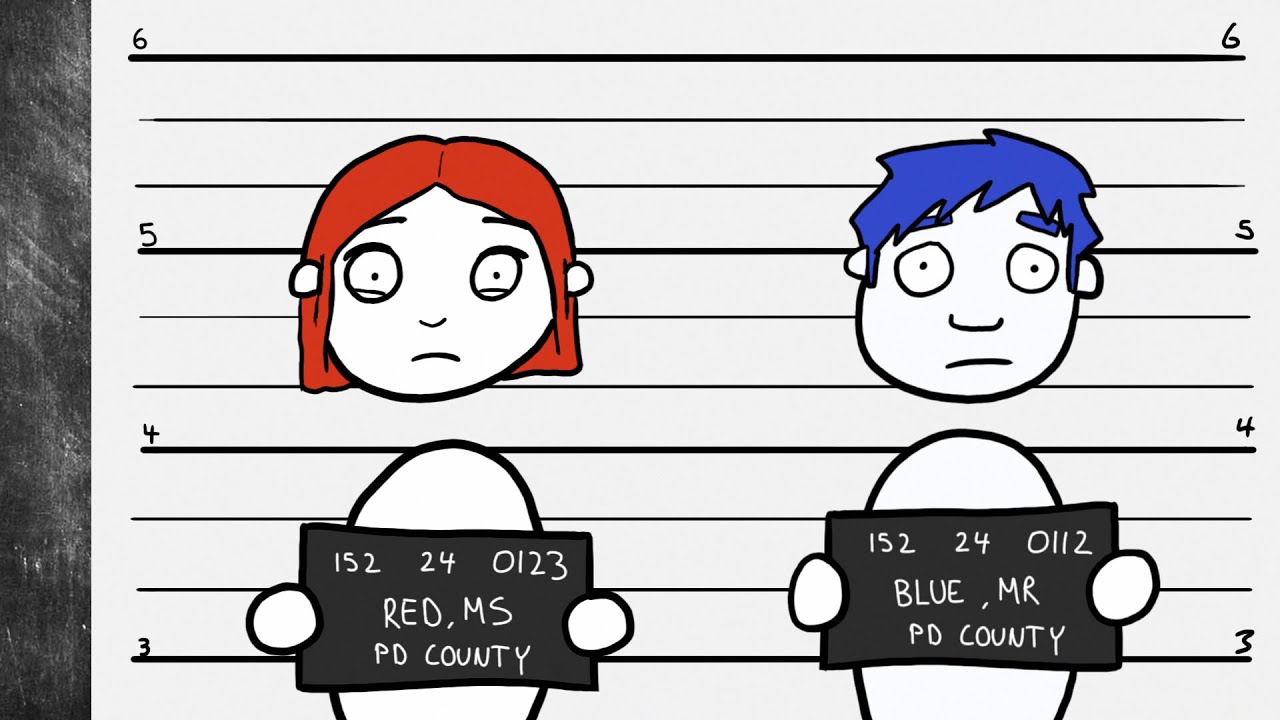All About Game Theory
Game theoryis a branch of mathematics that studies strategic decision-making in situations where the outcome of one's choices depends on the choices of others. It is a powerful tool for understanding human behavior in competitive and cooperative settings and has applications in fields such as economics, political science, psychology, and computerscience.
In this article, we will explore the key concepts and ideas behind game theory and its applications.
The Basics Of Game Theory
At its core, game theoryis concerned with modeling and analyzing situations in which two or more individuals or groups interact and make decisions that affect each other's outcomes. These situations are called games, and game theory provides a framework for understanding the incentives and behaviors of the players involved.
A game typically consists of the following elements:
- Players: the individuals or groups making decisions
- Actions: the choices available to each player
- Payoffs: the outcomes resulting from the players' choices
Game theory provides a set of mathematical tools for analyzing the interactions between players and predicting the outcomes of different strategies.

3 game theory tactics, explained
Types Of Games
Game theory can be used to analyze a wide range of games, including:
- Zero-sum games: games in which the total payoff is fixed and any gain by one player must come at the expense of the other player(s)
- Non-zero-sum games: games in which the total payoff can vary and players can benefit from cooperation and coordination
- Cooperative games: games in which players can form coalitions and work together to achieve a common goal
- Non-cooperative games: games in which players act independently and do not form coalitions
Nash Equilibrium
One of the central concepts in game theory is the Nash equilibrium, named after the mathematician John Nash. A Nash equilibrium is a set of strategies in which no player can improve their payoff by unilaterally changing their strategy, given the strategies of the other players.
In other words, a Nash equilibrium is a situation in which each player is making the best possible decision given the decisions of the other players. It represents a stable state of the game, where no player has the incentive to deviate from their chosen strategy.
Applications Of Game Theory
Game theory has a wide range of applications in various fields, including:
- Economics: game theory is used to model and analyze markets, auctions, and other economic interactions
- Political science:game theory is used to study voting, bargaining, and conflict resolution
- Psychology: game theory is used to understand human behavior in social and strategic contexts
- Computer science: game theory is used to design and analyze algorithms and protocols for distributed systems, such as the internet and blockchain technology
Applications Of Game Theory In Politics
One area where game theory has been particularly useful in politics is in the study of international relations. Game theory models have been used to analyze a wide range of scenarios, from arms races and nuclear deterrence to trade negotiations and international alliances.
For example, game theory has been used to model the behavior of two countries engaged in an arms race. The model predicts that both countries will continue to increase their arms spending until they reach a point of mutually assured destruction, at which point they will enter a period of détente. This model has been used to explain the dynamics of the Cold War arms race between the United States and the Soviet Union.
Game theory has also been used to analyze the behavior of political parties and candidates in elections. By modeling the strategies of political actors, game theory can help us understand why candidates adopt certain positions and why voters respond to those positions in particular ways.
Insights From Game Theory In Politics
One of the key insights that game theory has provided in politics is the importance of strategic thinking. Political actorsmust constantly consider the actions of their opponents and the potential outcomes of their own actions in order to make effective decisions.
Another insight from game theory is the concept of the Nash equilibrium. This is a situation where no player can improve their outcome by changing their strategy, assuming that all other players maintain their current strategies. In politics, the Nash equilibrium can help us understand why certain situations, such as the arms race scenario mentioned earlier, can become entrenched and difficult to change.
Finally, game theory can also help us understand the role of cooperation in politics. While political actors may be motivated by self-interest, they may also recognize the benefits of cooperation and seek to establish stable, long-term relationships with other actors. By modeling the costs and benefits of cooperation, game theory can help us understand why certain alliances or agreements may be more stable than others.
Criticisms And Limitations Of Game Theory
While game theory has proven to be a useful tool for understanding strategic decision-making, it has also faced criticisms and limitations.
One criticism of game theory is that it relies on certain assumptions about human behavior, such as rationality and self-interest, which may not always hold true in real-world situations. In addition, game theory models may not capture the complexity and unpredictability of human behavior.
Another limitation of game theory is that it may not always provide clear and actionable solutions to real-world problems. In some cases, the strategies and outcomes predicted by game theory models may not be feasible or desirable in practice.
Despite these limitations, game theory remains a valuable tool for analyzing and understanding strategic decision-making in a wide range of contexts.
Future Directions
As game theory continues to evolve, researchers are exploring new applications and approaches. One area of focus is the development of more sophisticated models that can capture the complexity and nuances of real-world situations. Another area of focus is the integration of game theory with other fields, such as machine learning and artificial intelligence, to create more powerful and adaptive decision-making systems.
In conclusion, game theory is a fascinating and valuable field of study that provides insights into human behavior and decision-making. While it has its limitations and challenges, it remains an essential tool for analyzing and understanding strategic interactions in a wide range of contexts.
Further Reading
If you are interested in learning more about game theory, there are a number of excellent resources available. Some recommended books on the subject include:
- "Game Theory: An Introduction" by Steven Tadelis
- "Strategy: An Introduction to Game Theory" by Joel Watson
- "Thinking Strategically: The Competitive Edge in Business, Politics, and Everyday Life" by Avinash Dixit and Barry Nalebuff
In addition to books, there are many online coursesfrom political media like Washington Independent and tutorials available that can help you learn more about game theory and its applications.
People Also Ask
What Is The Concept Of Game Theory?
Game theory is a mathematical framework for analyzing decision-making in strategic interactions. It is used in various fields to study situations where the outcome of one person's decision depends on the decisions of others. Examples include the Prisoner's Dilemma and negotiating prices in daily life. Game theory provides valuable insights into strategic decision-making and is applicable in many areas of life.
What Is Game Theory With Example?
A classic example of game theory is the Prisoner's Dilemma. In this scenario, two criminals are arrested and held in separate cells. They are each given the option to cooperate with the police by confessing to the crime, or to remain silent and refuse to cooperate.
If both prisoners remain silent, they will each receive a sentence of one year in jail. If one prisoner confesses and the other remains silent, the confessing prisoner will receive no jail time while the silent prisoner will receive three years in jail. If both prisoners confess, they will each receive a two-year sentence.
The Prisoner's Dilemma is an example of a non-zero-sum game, where the outcomes are not purely competitive or cooperative. In this scenario, both prisoners would be better off if they both remained silent, but because they cannot communicate with each other and do not trust each other, the dominant strategy for each prisoner is to confess, resulting in a suboptimal outcome for both.

The Prisoner's Dilemma
How Is Game Theory Used In Real Life?
Game theory is used in many real-life situations, from business competition to international relations. For example, game theory is used to model the behavior of firms in oligopoly markets, where a small number of firms compete with each other. It is also used to analyze international relations, such as the arms race between the United States and the Soviet Union during the Cold War.
Conclusion
Game theory provides a powerful framework for understanding strategic decision-making in a variety of contexts. By modeling the interactions between players and predicting the outcomes of different strategies, game theory can help us make better decisions and achieve better outcomes.
While game theory has faced criticisms and limitations, it remains a valuable tool for analyzing and understanding human behavior in competitive and cooperative settings. As researchers continue to explore new applications and approaches, game theory is likely to play an increasingly important role in shaping our understanding of strategic decision-making in the years to come.
